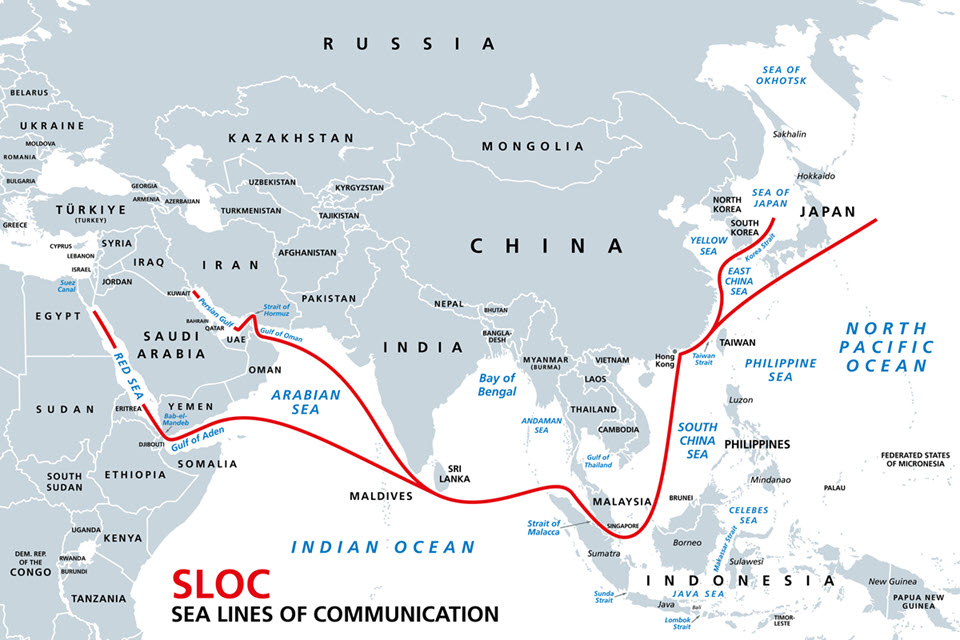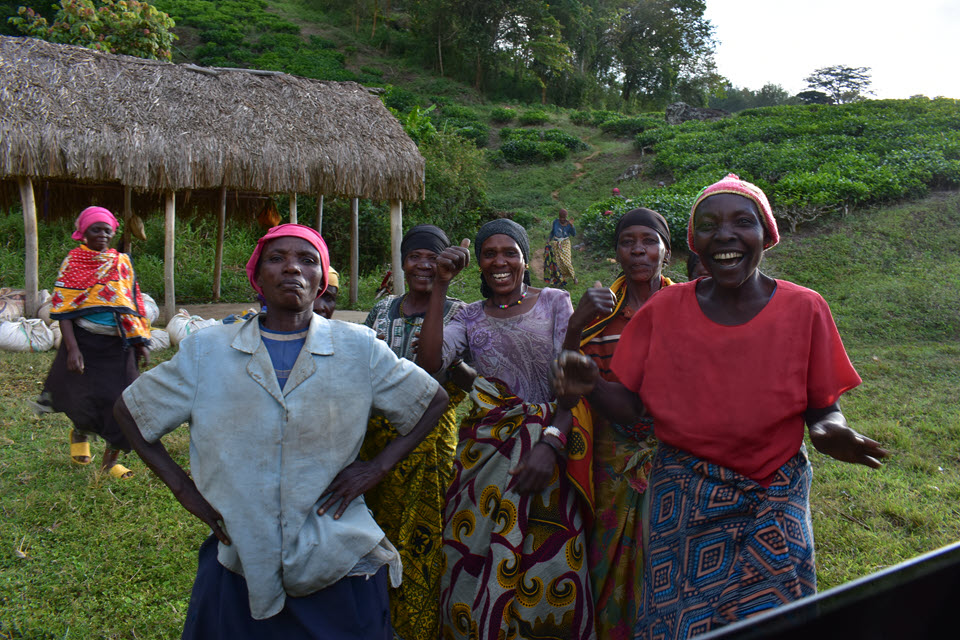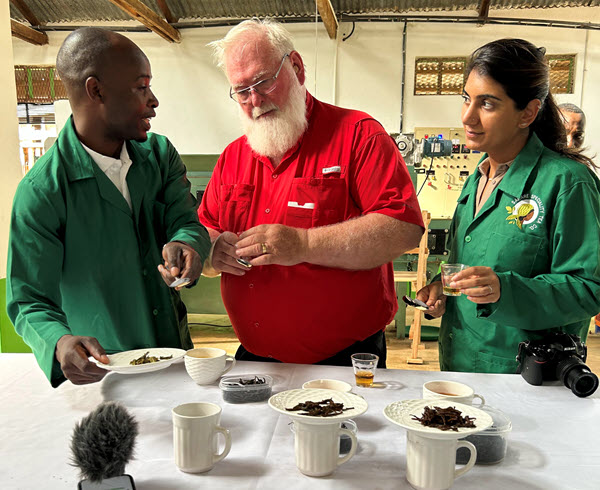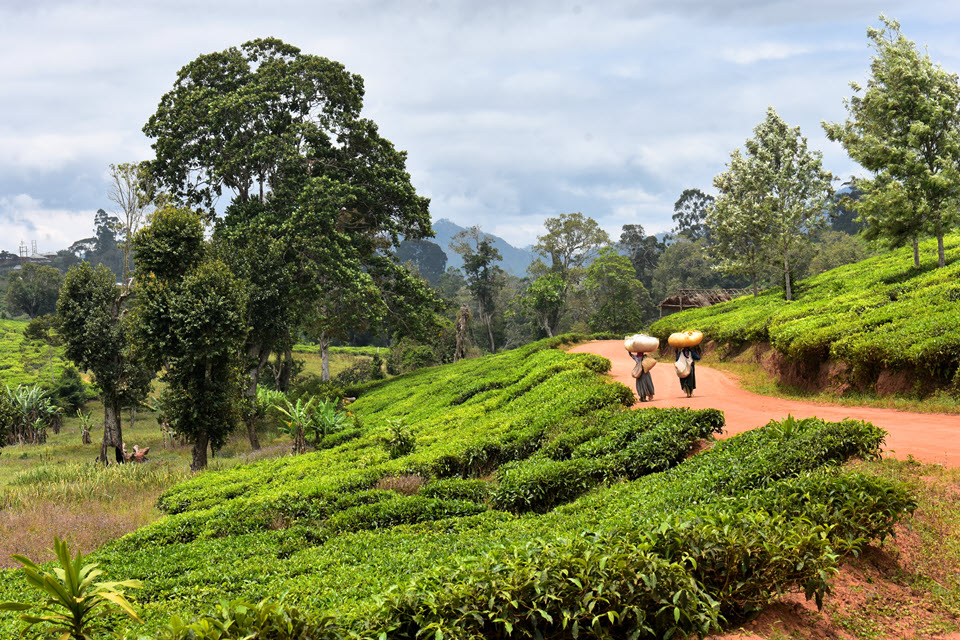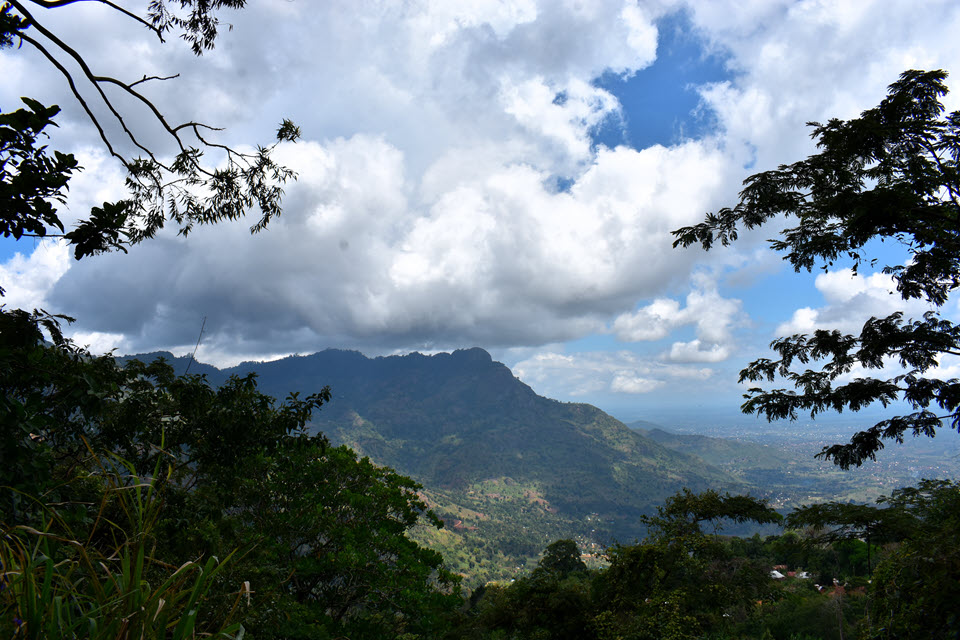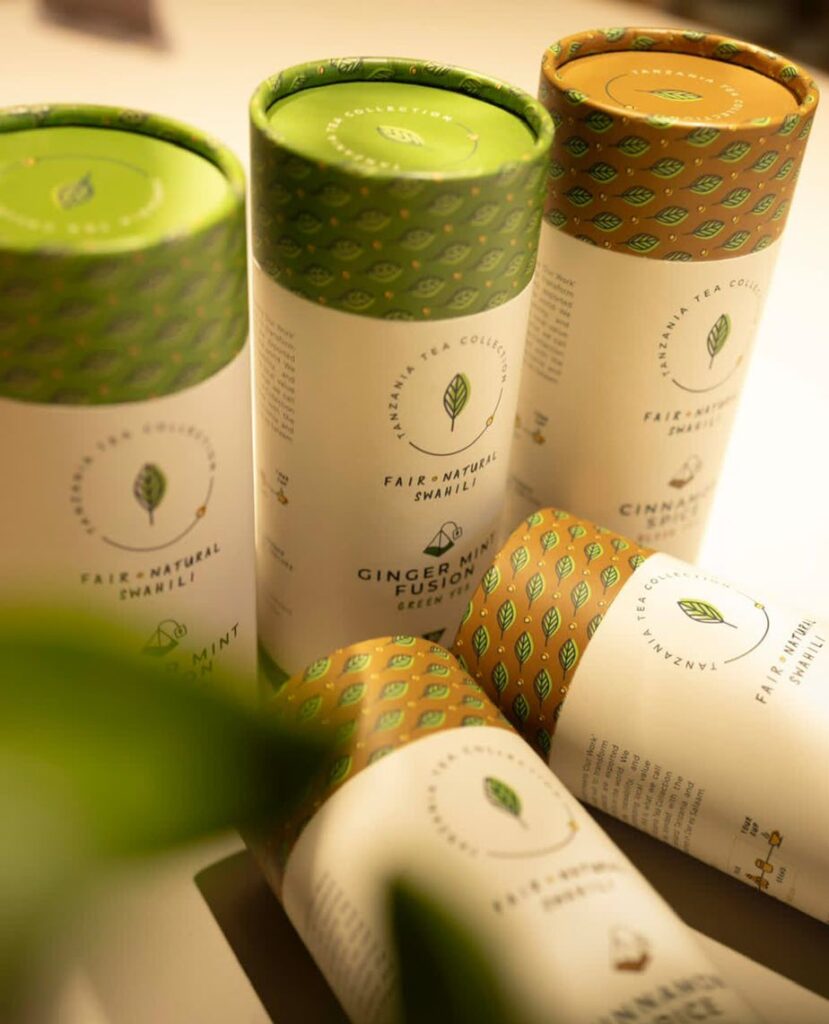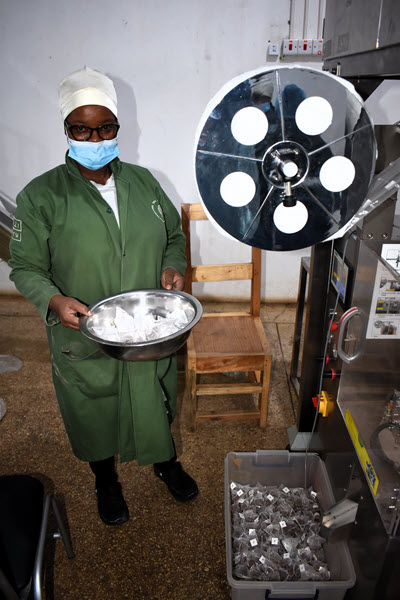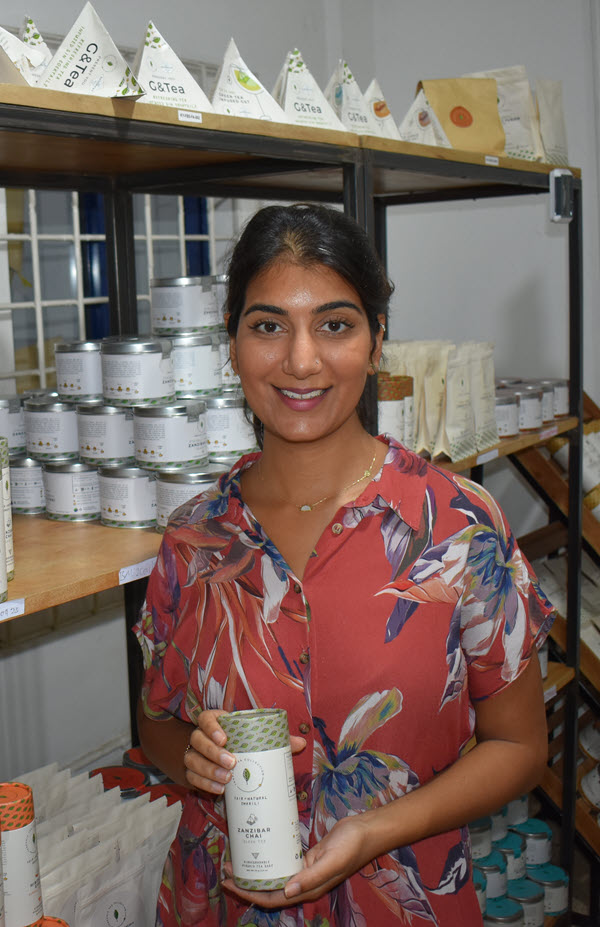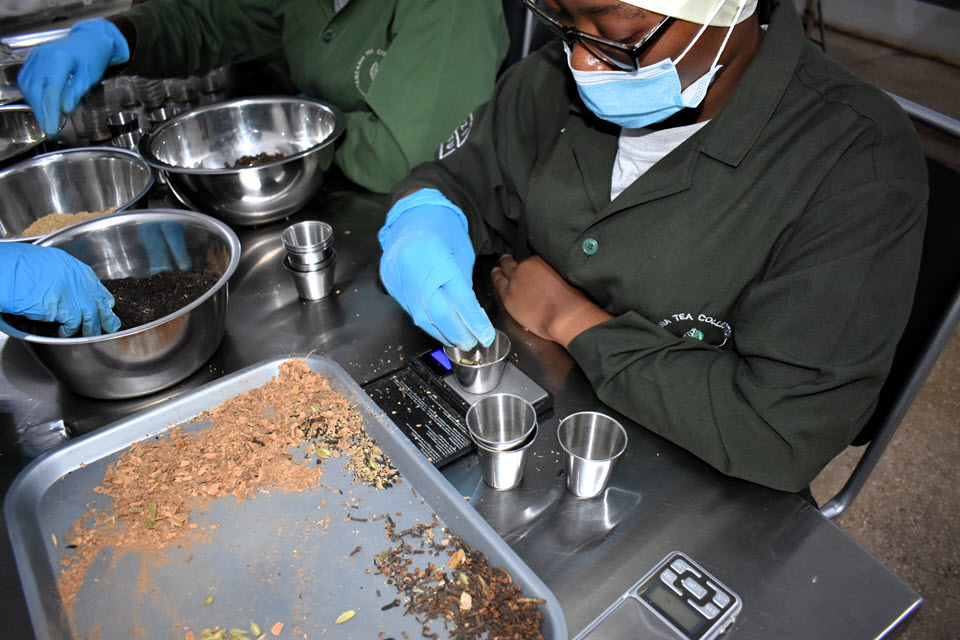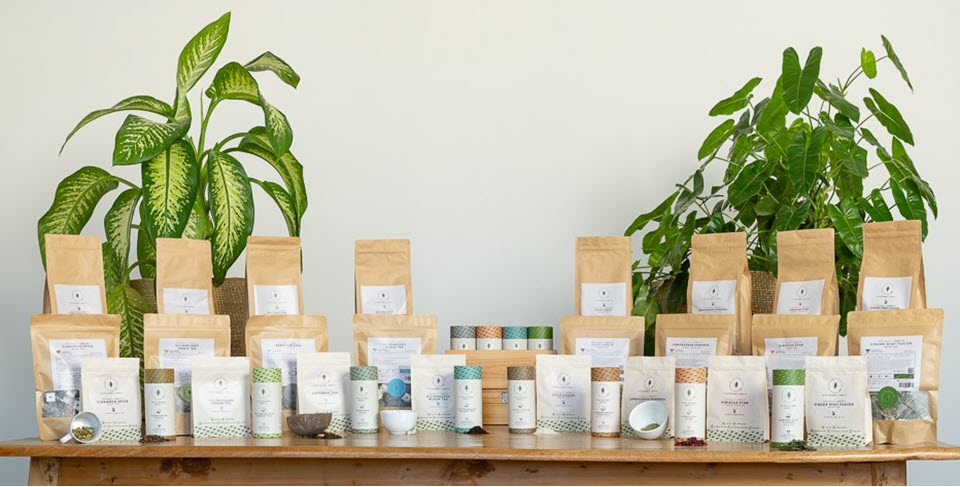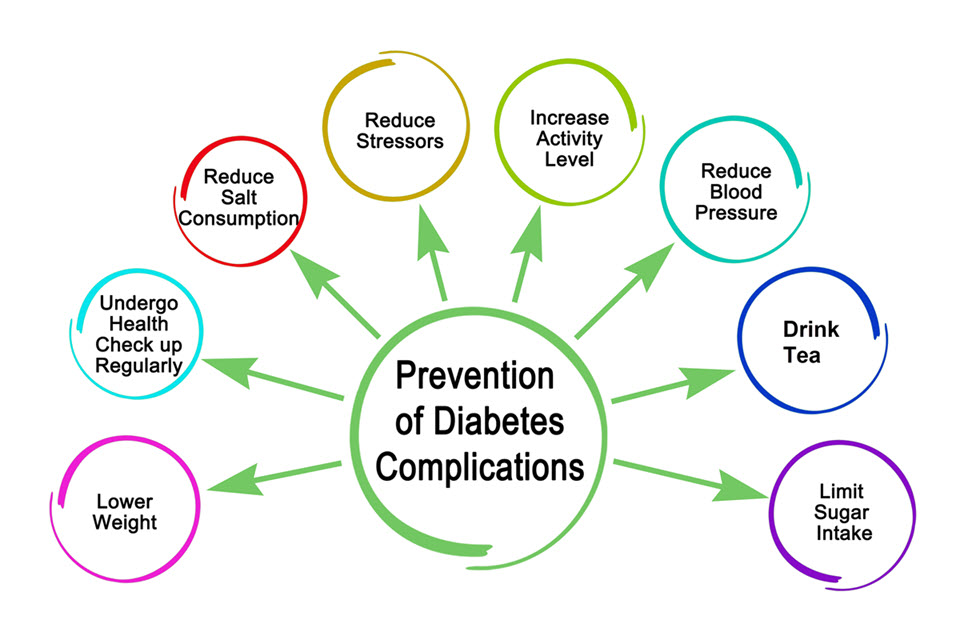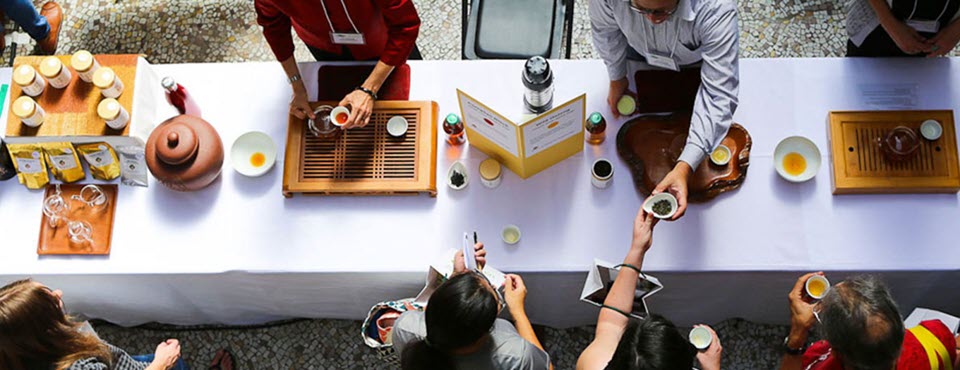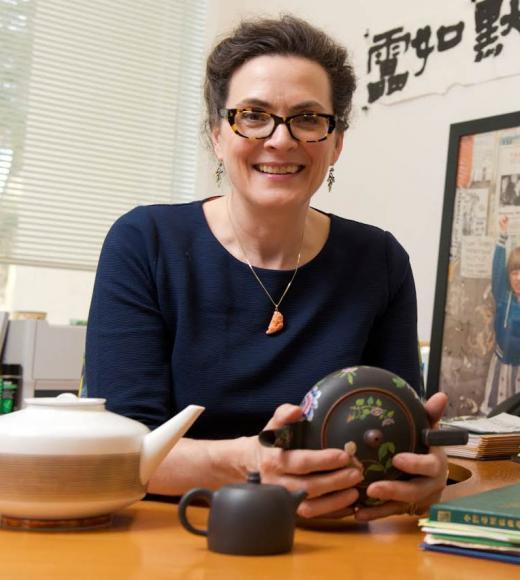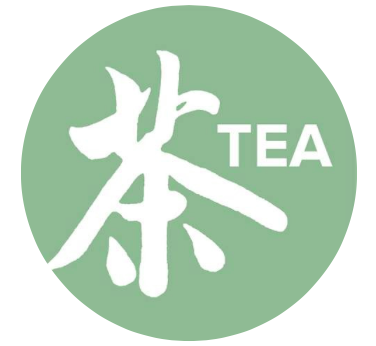Episode 140
Middle East Unrest Heightens Tea Logistics Concerns for Transit via the Straits of Hormuz and Suez Canal
| Just Ice Tea Raises $14 Million to Expand Distribution
| Wagh Bakri Executive Director Parag Desai, 49, Dies Fleeing Stray Dogs
Tea News for the week ending Oct. 27
Powered by RedCircle
Featured Guest: Tahira Nizari
Tea Biz traveled to Tanzania last week to explore the tropical Usambara tea-growing region. There, I toured the Sakare Cooperative tea factory and met with smallholder farmers, tea makers, traders, tea sellers, and members of the Tea Board of Tanzania. I recount my adventure beginning today with Tahira Nizari, a savvy business school graduate and humanitarian who co-founded the specialty tea brand Kazi Yetu in 2018 to advance the role of women in Tanzania’s tea industry. Read more…
Listen to the Interview
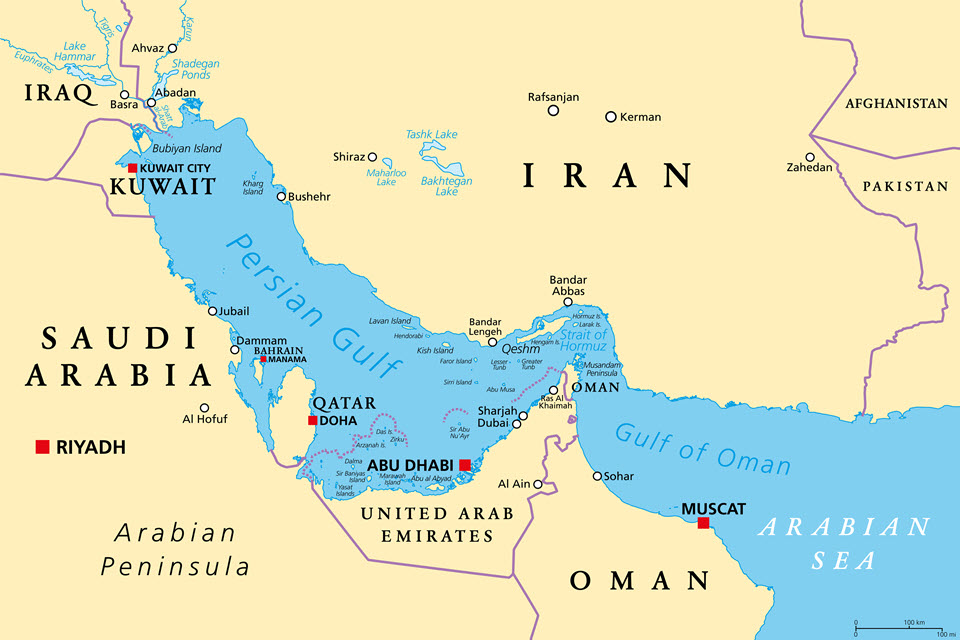
Middle East Unrest Heightens Tea Logistics Concerns
By Dan Bolton
Tea shipping and logistics executives closely monitor Middle East unrest as tea sales to the region declined.
Immediate concerns involve insurance premiums and pricing risk, but if Iran-backed Hezbollah escalates the Hamas conflict, Israel will likely retaliate against Iran. The Islamic Republic’s navy (IRGCN) has increasingly harassed international vessels, with 20 incidents in the past few years, including the seizing of tankers in the Strait of Hormuz (which spans Oman and Iran), a route traveled by 30% of the world’s oil and much of the world’s tea.
Due to the violent and volatile Hamas-Israeli conflict, sales of orthodox tea at India’s Kochi Auction declined to 70% of the 2 million kilos on offer. Though Israel buys negligible quantities, exports to other destinations through the Suez Canal will be hit, according to a report in the Hindu BusinessLine.
See: Middle East Conflict Threatens Global Growth (NYT)
Traders who spoke to the newspaper cautioned, “Shipments to destinations through the Suez Canal are likely to be hit on account of the war.”
They anticipate a further decline in demand and disruptions in tea procurement if the situation worsens.
Iran is the center of attention.
Normally a discerning trading partner with a preference for orthodox black tea, imports to Iran spiked last year, yet “At the moment, there are signs that Iran does not have enough teas to last through the winter season,” writes one trader.
In an attempt to stockpile supplies, tea imports during the past fiscal year (ending March 30, 2023) rose to 90 million kilos. Payments, complicated by economic sanctions, are now past due. “So far, we have no clear import support from the government. As a result, a lot of teas consigned for Iran are stuck in Dubai and Kenya,” writes the Iran-based trader.
Compounding the self-inflicted shortage is that domestic production declined to 20 million kilos this year.
Iran produced about 26 million kilos last year, exporting 10,000 metric tons valued at $44.2 million, according to the Iran Customs Administration (IRICA), which valued imports at $665 million through March 30, 2023.
Imports recovered from the pandemic to reach 35 million kilos in 2022. In the fiscal year ending March 2021, the country imported 21 million kilos valued at $201 million. India accounted for $96 million of tea imports. Sri Lanka shipped $75.8 million worth of tea to Iran, and Kenya shipped $19.2 million to round out the top three tea suppliers.

Just Ice Tea Raises $14 Million to Expand Distribution
By Dan Bolton
Seth Goldman this week announced $14 million in growth capital to expand the national distribution of Just Ice Tea.
The organic, fair trade ready-to-drink tea launched in 2022 following a decision by Coca-Cola to stop producing Honest Tea. Just Ice Tea’s founders, Barry Nalebuff, Spike Mendelsohn, and Goldman, formulated and began distributing the tea within four months of the announcement. Parent company Eat the Change has since scaled back its plant-based snack business as tea sales soar.
The new round of funds will expand the distribution of the fast-growing Just Ice Tea line and refresh the company’s marketing of cosmic carrot chew snacks. In March, the company added three new flavors: Mango White tea, Lemon Ginger Herbal Tea, and Original Black Tea. Just Ice Tea now markets nine varieties of unsweetened and slightly sweetened (40 to 60-calorie) teas, including Lemon Ginger Herbal Tea at 40 calories per bottle. Sweeteners include organic agave and honey with no cane sugar.
Goldman and Nalebuff founded Honest Tea in 1998. Coca-Cola invested to expand distribution in 2008 and acquired the business in 2011. Goldman joined Coca-Cola to develop new beverage brands, growing Honest Tea to more than $600 million in annual sales. He left in 2019 to establish Eat the Change, which produces a line of mushroom jerky, dehydrated carrot chews, and other healthy snacks.
Wagh Bakri Executive
Dies Fleeing Stray Dogs
Parag Desai, the fourth-generation executive director of Wagh Bakri Tea Group, died last week of head injuries sustained fleeing stray dogs on an evening walk near his home in Ahmedabad.

He was hospitalized and underwent surgery for a brain hemorrhage after the Oct. 15 incident and remained on a ventilator for seven days. He died Sunday, Oct. 22.
Gujarat-based Wagh Bakri, founded in 1892, is one of India’s best-known packaged tea brands, generating $25 million in sales of 50 million kilos of tea annually.
Parag, an expert tea taster and evaluator, was responsible for sales, marketing, and exports under his father, managing director Rasesh Desai. His cousin Paras Desai, also an executive director, is responsible for sourcing and operations. Parag greatly expanded distribution and established tea lounges and direct-to-consumer sales online. He was an industry leader, a member of the Confederation of Indian Industry (CII), supported the blind, and was a wildlife advocate and a personal friend of mine in tea.
“I have been very lucky to have learned from my elders,” Parag, who earned a master’s degree at Long Island University, told Moneycontrol last December, crediting “a very formal, strict education overseas and in India. I have had the good opportunity to merge these learnings to lead the company into the next generation.”
His wife Vidisha and daughter survive him.
– Dan Bolton
FEATURE
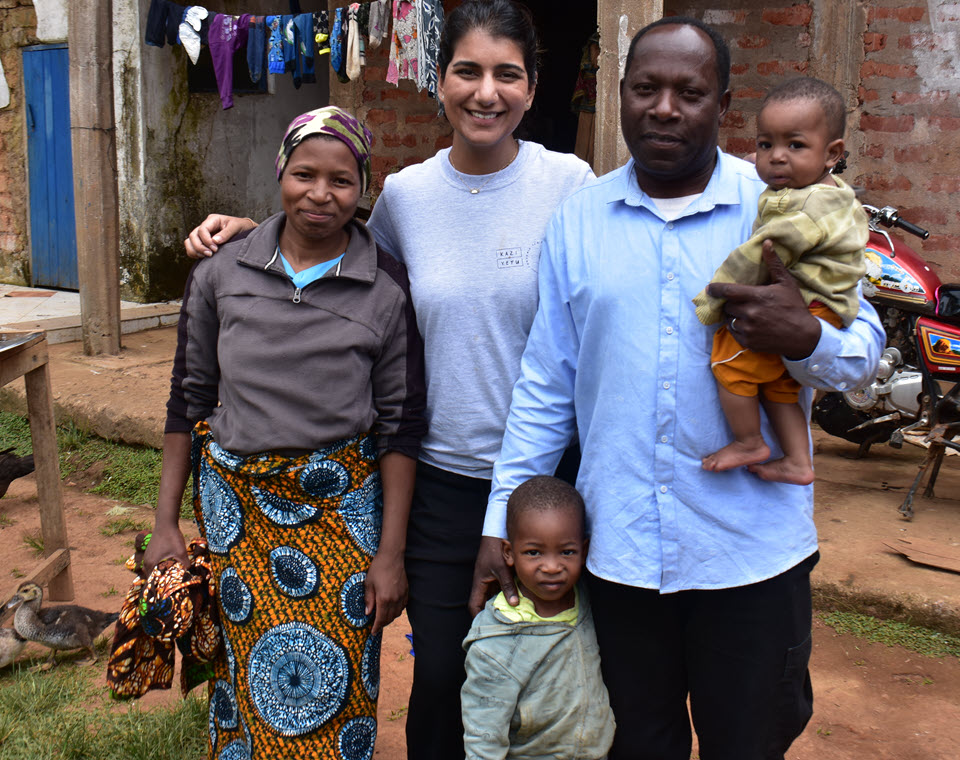
Value Addition at Origin Enhances the Lives of Tea Workers
By Dan Bolton
Kazi Yetu sources much of its tea from the Sakare farmer’s cooperative in the Usambara Mountains, a range in northeastern Tanzania that is 90 kilometers long and about half that wide. Usambara is one of the world’s biodiversity hotspots, with a virgin rainforest that rises to more than 7,500 feet (about 2,289 meters above the Indian Ocean). Teas are finished and transported to the port at Dar es Salaam, where 35 women are employed in blending, packaging, and distributing tins and canisters of specialty tea available globally. Read more…
Listen to the Interview
Powered by RedCircle
Share this episode with your friends in tea.
Sign up to receive Tea Biz weekly in your inbox.

